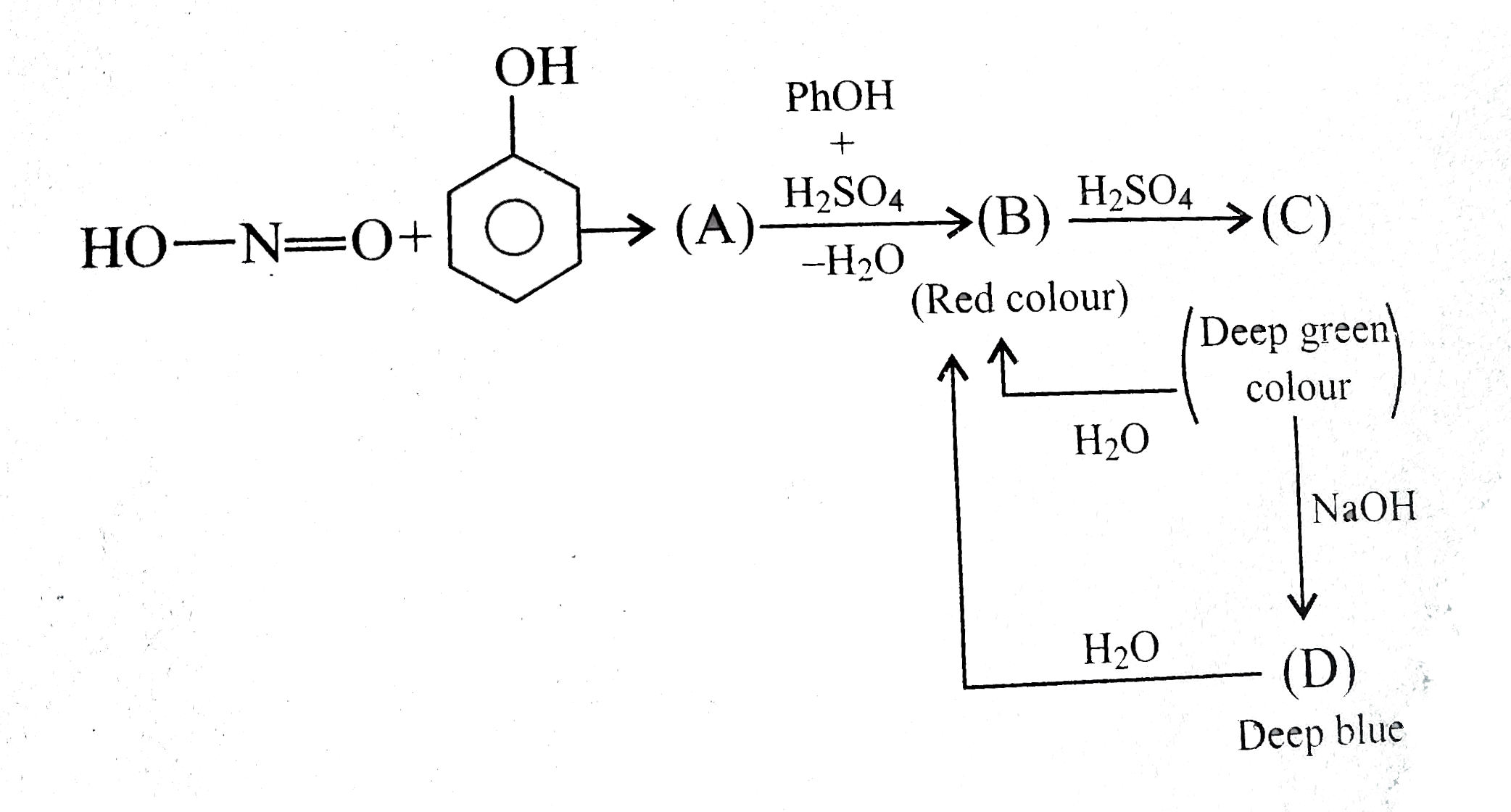Sodium metal on dissolution in liquid ammonia gives a deep blue solution due to the formation of :
Sodamide
Ammoniated electrons
Sodium-ammonia complex
Sodium ion-ammonia complex
The correct Answer is:B
Similar Questions
Knowledge Check
Sodium metal dissolves in liquid ammonia and forms a deep blue solution. The colour is due to absorption of light by :
Asodium ionsBammoniated electronsCfree electronsDammoniated sodium ionsA solution of sodium in liquid ammonia is blue in colour due to:
AThe presence of ions Na+BThe presence of ammoniated electronCThe formation of NaNH2DThe formation of sodium hydrideThe metal that dissolves in liquid ammonia, giving a dark blue coloured solution is
ATinBLeadCSodiumDSilver
With which metal ion, aqueous ammonia reacts to give a deep blue solution?
View SolutionStatement 1 : Sodium metal dissolves in liquid ammonia to form a blue coloured solution.
Statement 2 : The blue solution is a good conductor of electricity.
View SolutionPotassium dichromate acts as a strong oxidising agent in the acidic medium. When heated with a metal chloride and conc. sulphuric acid, it gives orange red fumes. On passing these fumes through sodium hydroxide, it gives a yellow solution (X) and this acidified solution gives yellow precipitate (Y) with lead acetate. On heating potassium dichromate with KOH, it forms a yellow solution (Z) which on acidification changes to orange colour. Acidified solution of dichromate ion gives deep blue colour with H2O2 due to the formation of (P)
The blue colour of compound P fades due to the formation of
View SolutionFe+3 ions in an aqueous solution gives deep red colouration with both sodium acetate (in excess) and ammonium thiocyanate (slightly acidic). The deep red colouration obtained with ammonium thiocyanate gets decolourised on addition of a solution containing F− ions.
The deep red colouration is due to the formation of:
View SolutionPotassium dichromate acts as a strong oxidising agent in the acidic medium. When heated with a metal chloride and conc. sulphuric acid, it gives orange red fumes. On passing these fumes through sodium hydroxide, it gives a yellow solution (X) and this acidified solution gives yellow precipitate (Y) with lead acetate. On heating potassium dichromate with KOH, it forms a yellow solution (Z) which on acidification changes to orange colour. Acidified solution of dichromate ion gives deep blue colour with H2O2 due to the formation of (P)
The orange red fumes obtained on heating potassium dichromate with a metal chloride and conc. H2SO4 is due to the formation of
View Solution



